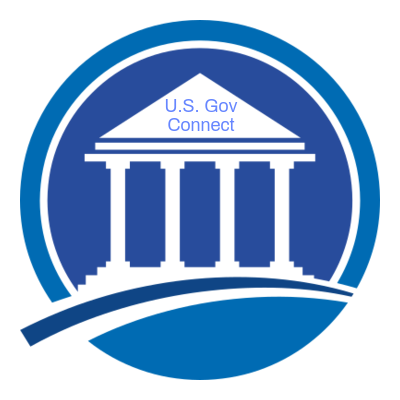Does Aphasia Need A Therapy After A Stroke?
After experiencing a stroke, individuals may face a range of physical and cognitive challenges, including a condition known as aphasia. Aphasia is a language disorder that affects a person's ability to communicate effectively. It can be a significant hurdle for stroke survivors, but with the right therapy, significant improvements can be made.
DOES APHASIA NEED A THERAPY AFTER A STROKE?
ai Health

New Paragraph
-
Does Aphasia Need A Therapy After A Stroke?
Aphasia occurs when the areas of the brain responsible for language are damaged, usually as a result of a stroke. This damage can affect various aspects of language, including speaking, understanding, reading, and writing. Communication becomes difficult, and individuals with aphasia may struggle to express their thoughts and understand others.
Fortunately, there is hope for those with aphasia. Various types of therapy can help stroke survivors regain their language skills and improve their ability to communicate. Here are some common forms of therapy for aphasia:
Speech and Language Therapy: This is considered the standard treatment for aphasia. A speech and language therapist will work closely with the patient to develop an individualized therapy plan. They will focus on improving speech production, word retrieval, sentence formation, and comprehension skills. Therapy may involve exercises and activities such as naming objects, practicing conversation, and reading comprehension tasks.
Melodic Intonation Therapy: This therapy uses musical elements to aid in language recovery. Stroke survivors with limited speech production may benefit from this technique, as it emphasizes rhythm and melody to stimulate speech. By singing words or phrases, individuals can tap into the brain's musical abilities, which are often preserved even after a stroke.
Constraint-Induced Aphasia Therapy: This therapy restricts the use of other modes of communication, such as gestures and writing, to encourage the use of verbal communication. It aims to improve language production by increasing the individual's motivation and forcing them to rely on verbal expression.
Computer-Based Therapy: With the advancements in technology, computer-based therapy programs have become increasingly popular for aphasia treatment. These programs offer interactive exercises to help individuals improve their language skills, such as word retrieval, sentence formation, and comprehension.
Group Therapy: Joining a support group or therapy group specifically for stroke survivors with aphasia can provide a valuable source of social support and communication practice. Working with others who are facing similar challenges can boost confidence and provide motivation.
It is crucial to note that the success of aphasia therapy depends on several factors, including the severity of the stroke, the individual's motivation, and their commitment to the therapy program. Therapy may take time, patience, and consistent effort, but with the right approach, significant improvements can be made.
If you or a loved one is experiencing aphasia after a stroke, it is essential to consult a healthcare professional. They can evaluate the severity of the condition and recommend appropriate therapy options. Remember, with the right therapy and support, individuals with aphasia can regain their ability to communicate and lead fulfilling lives.









